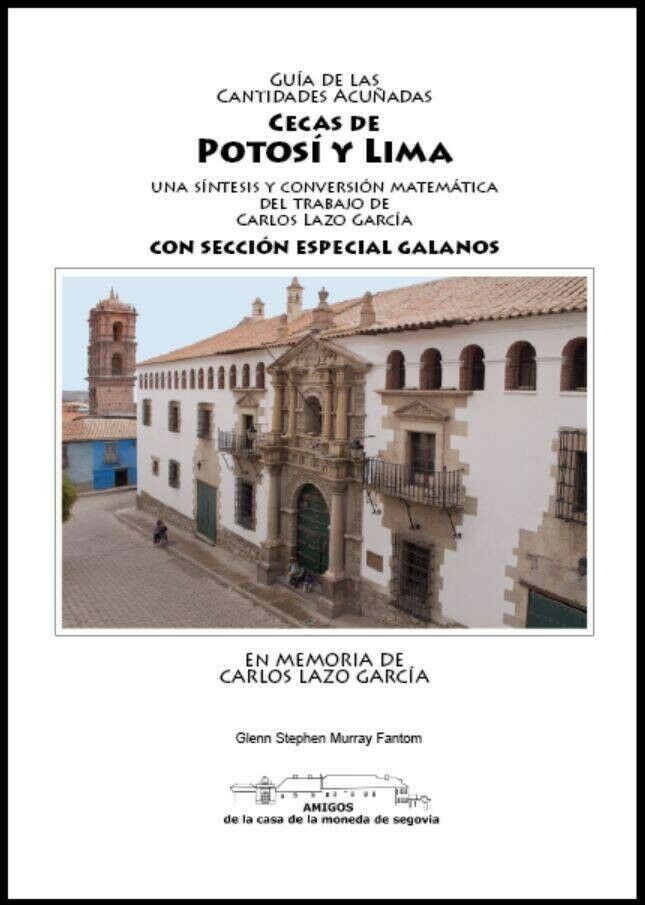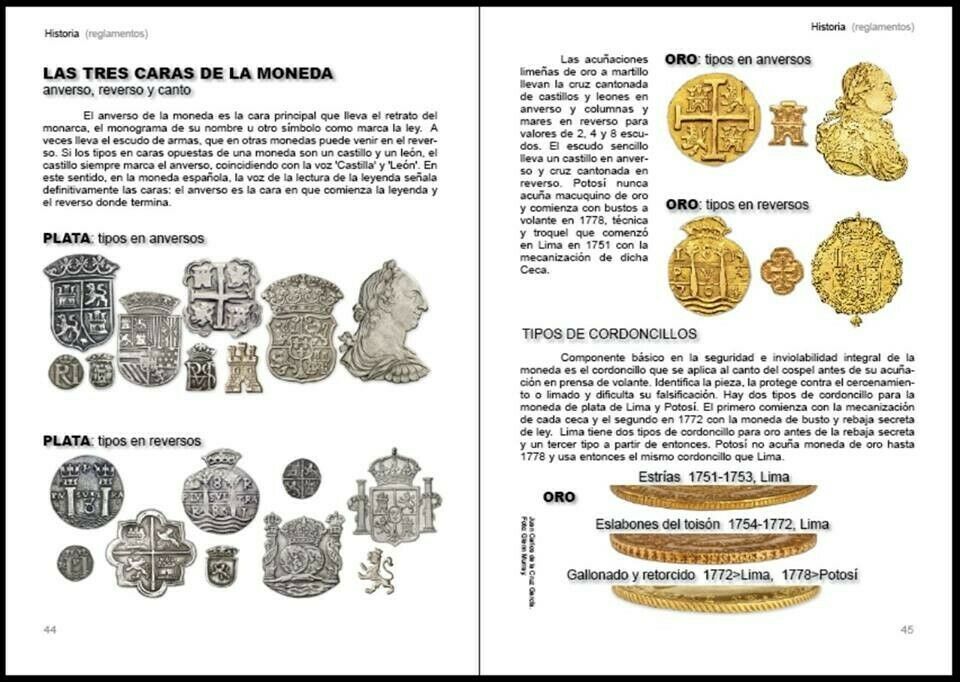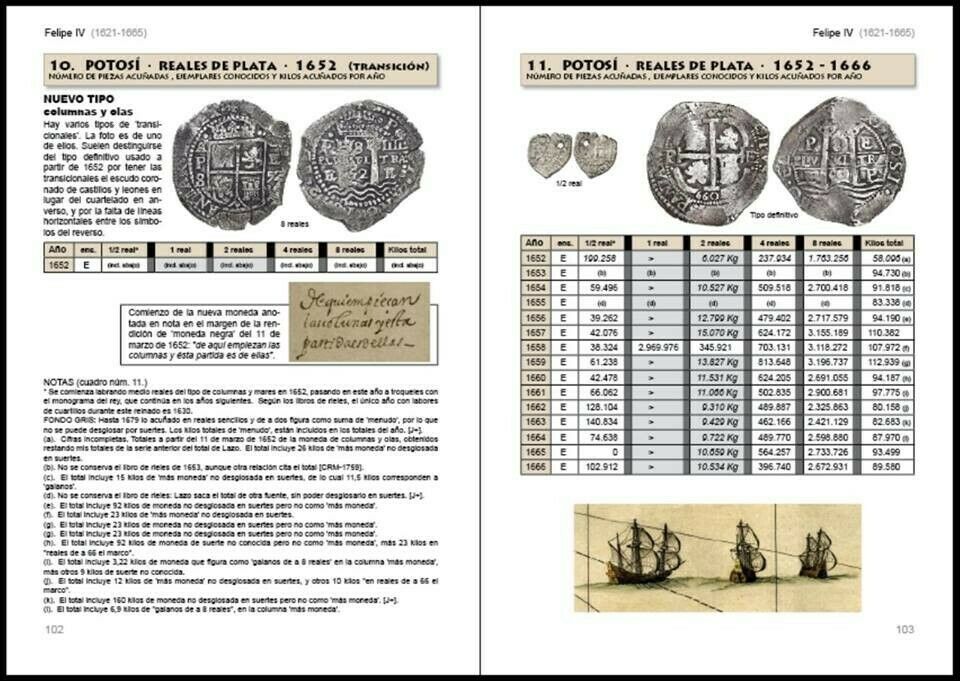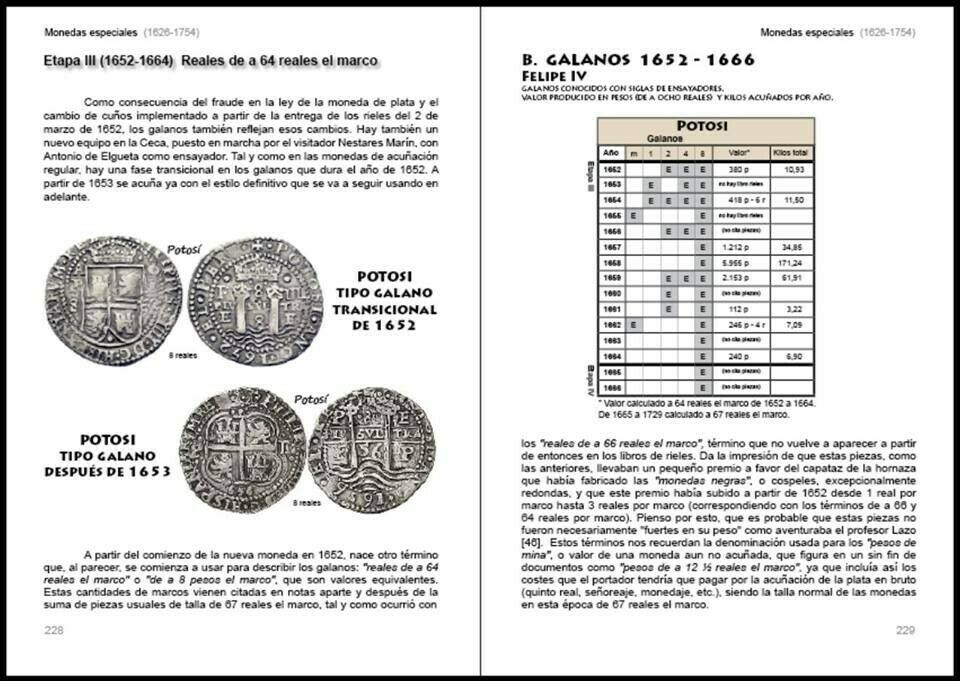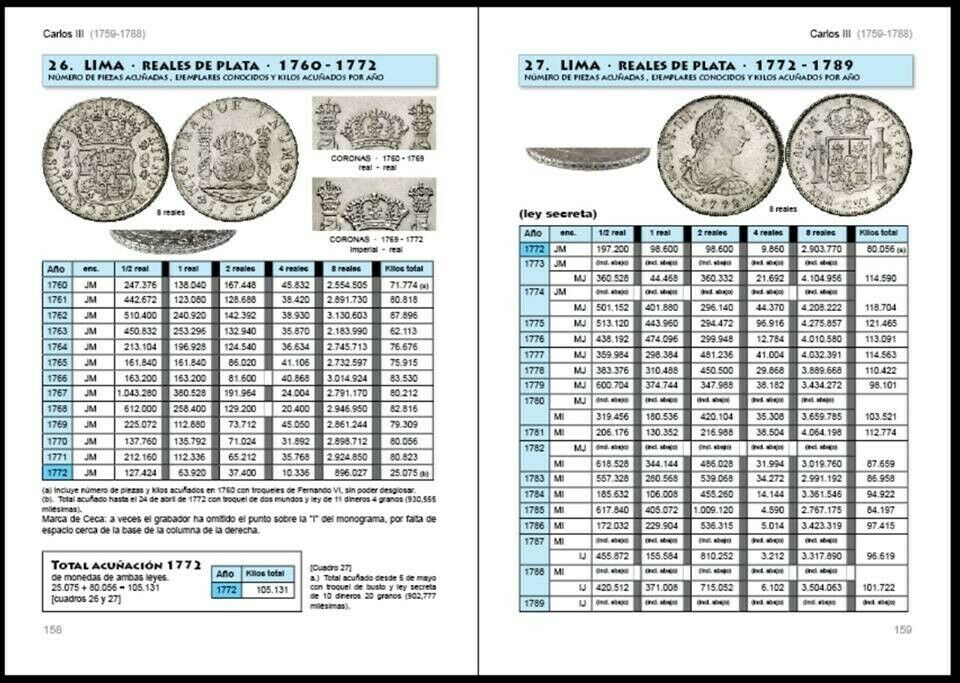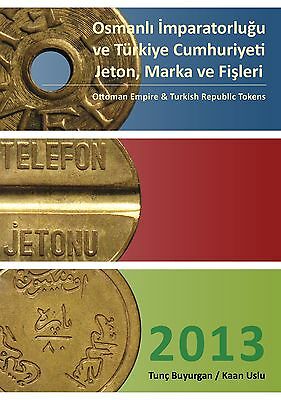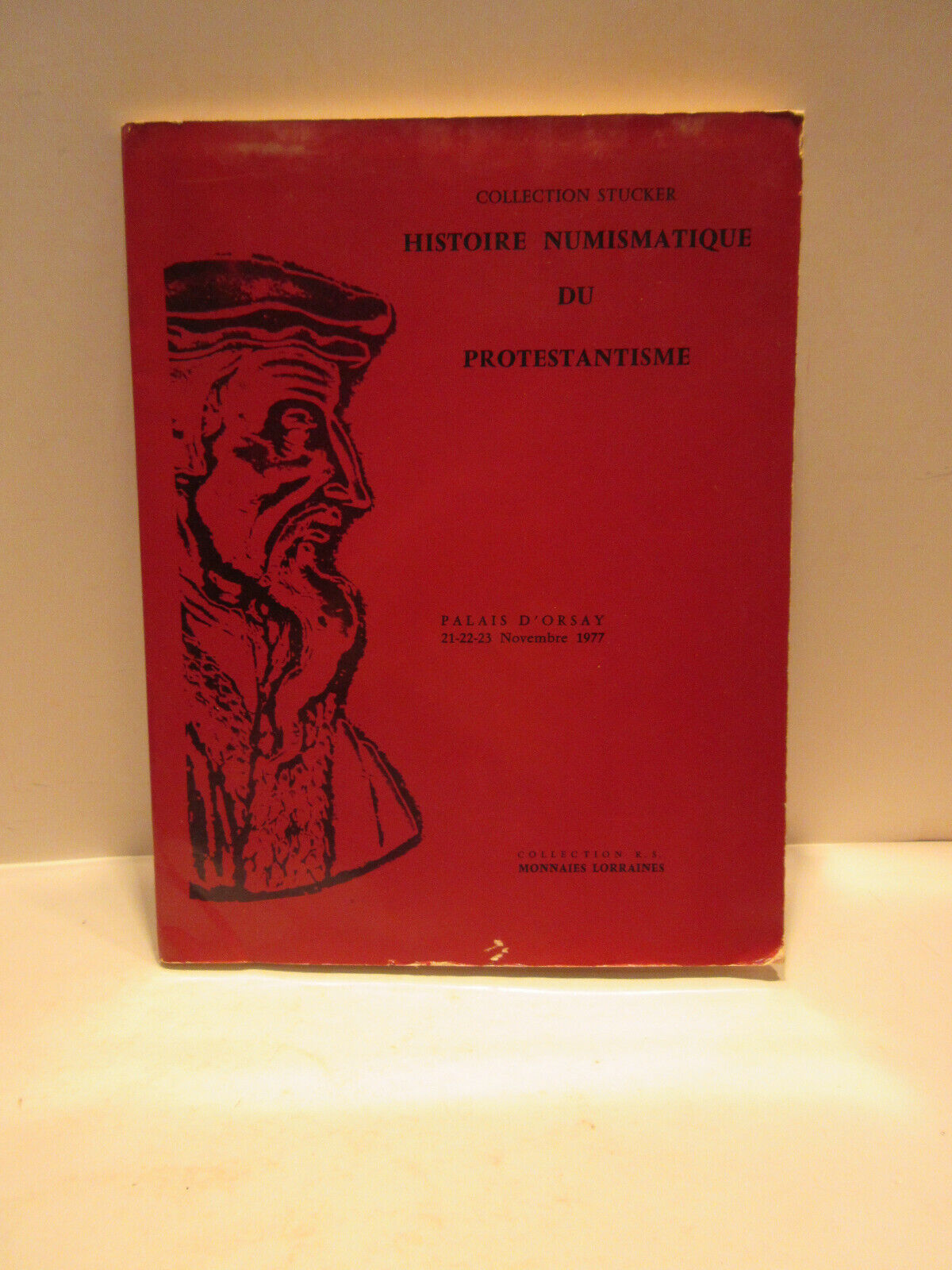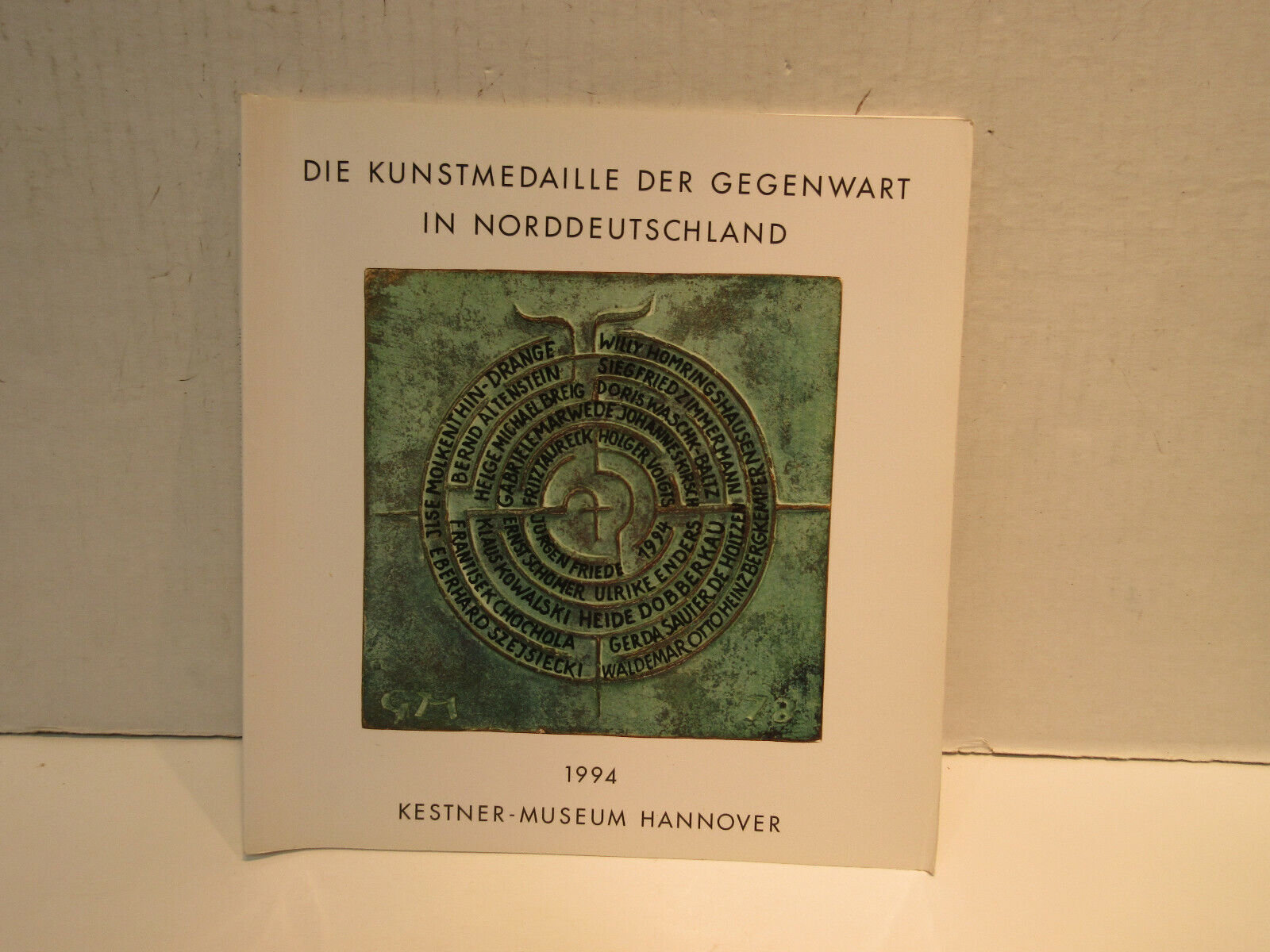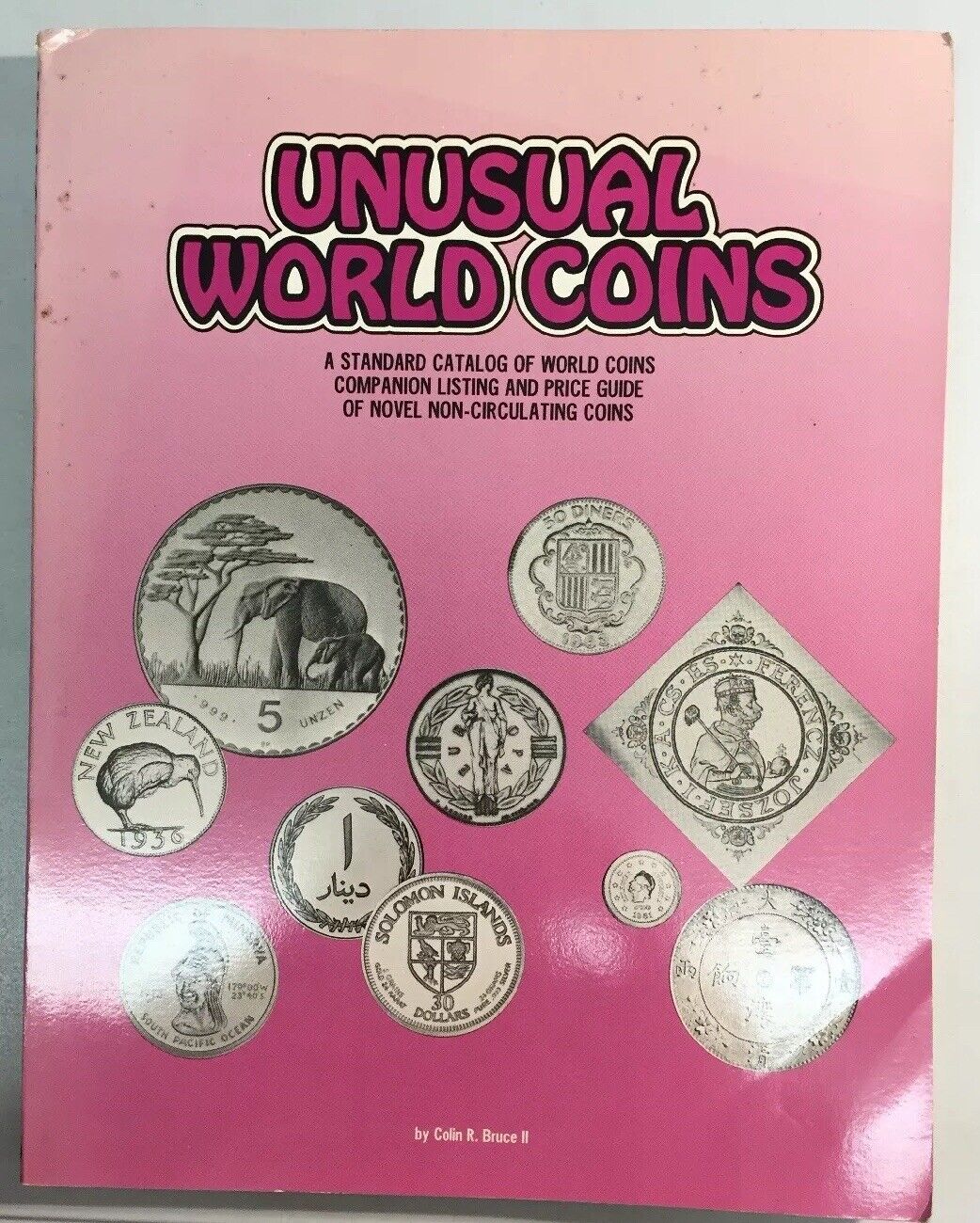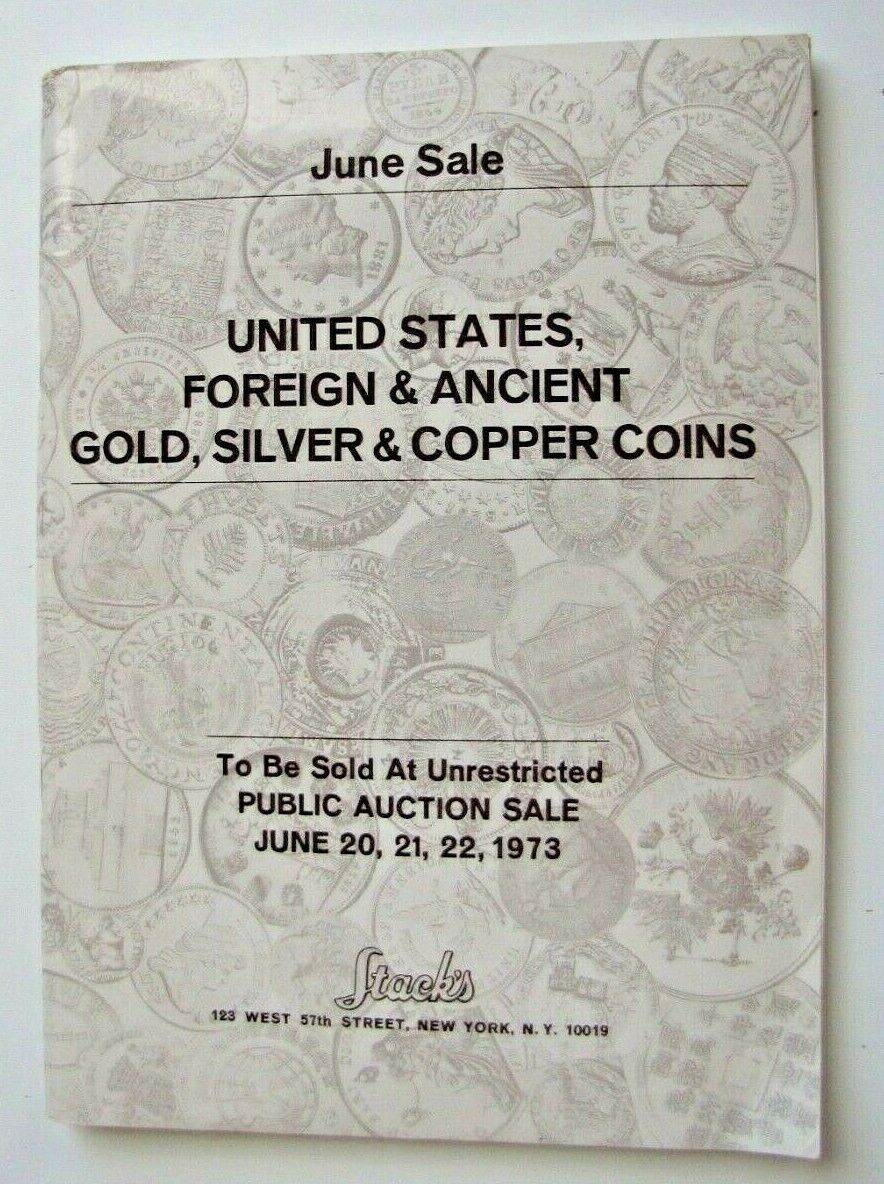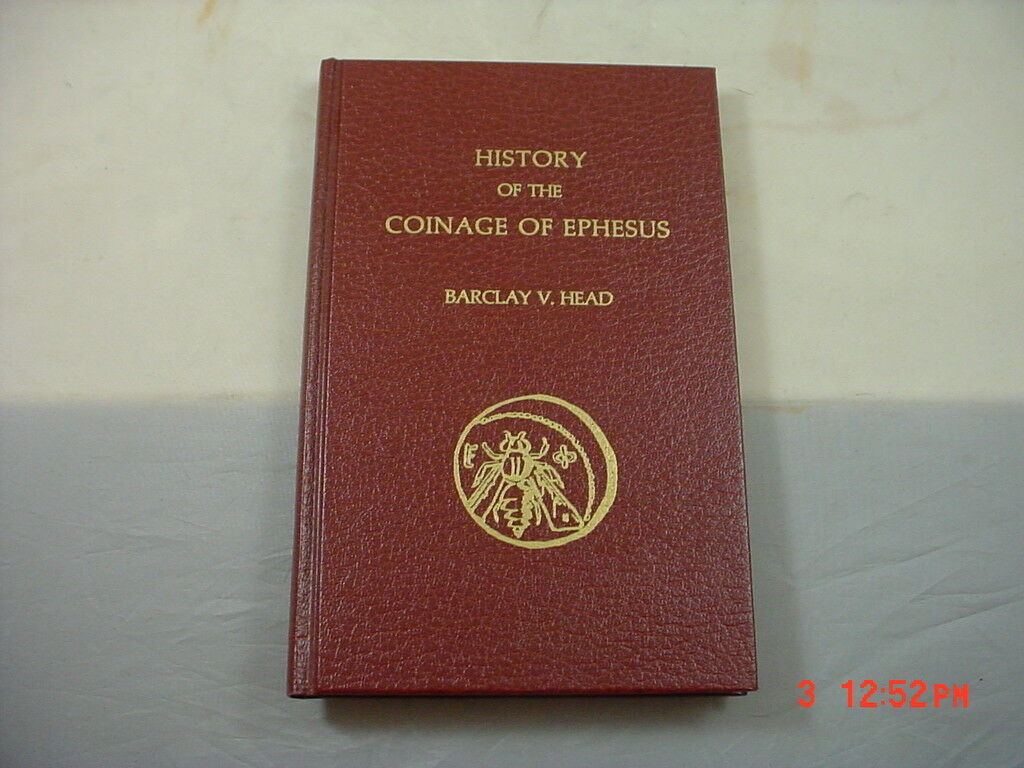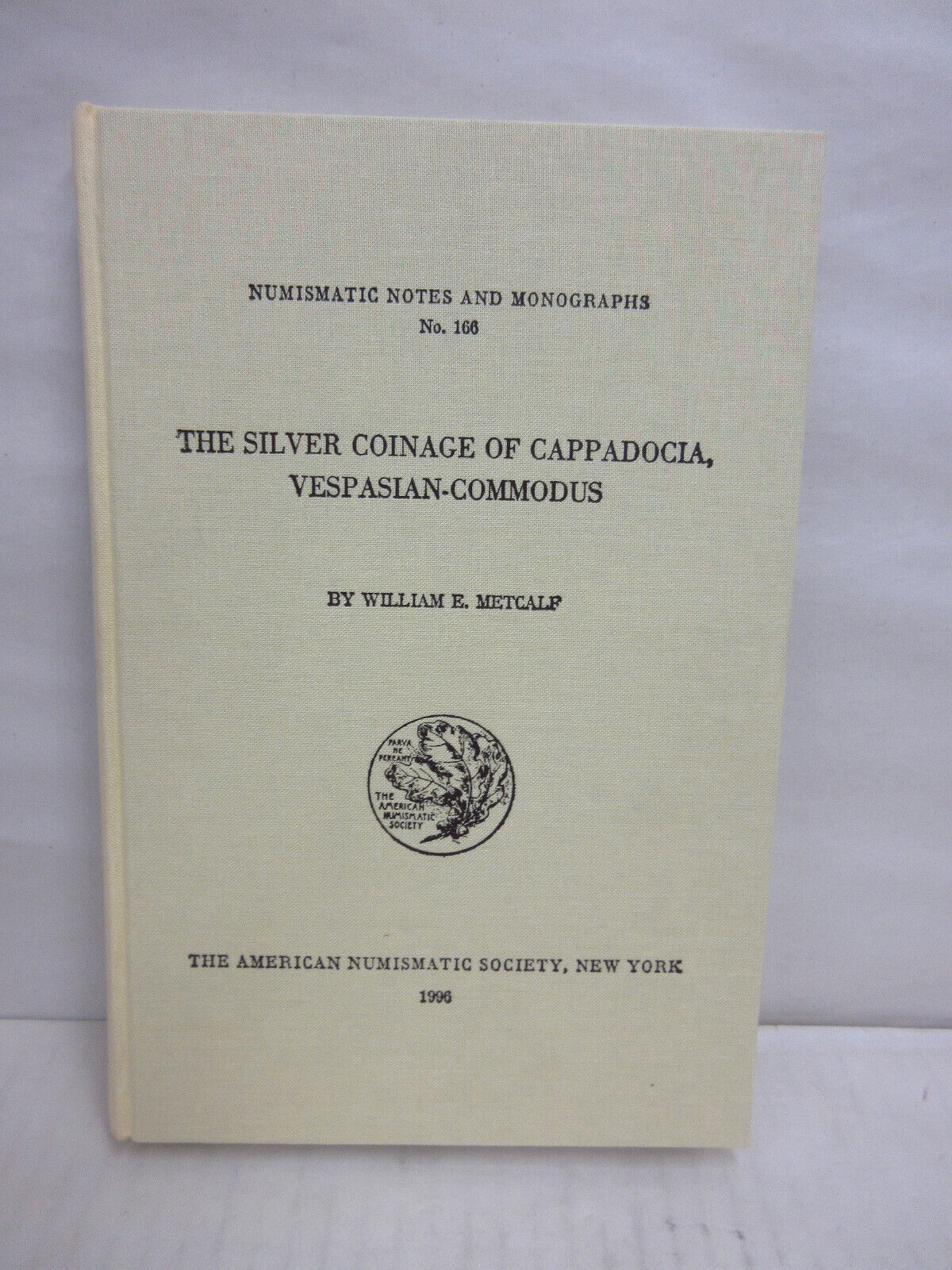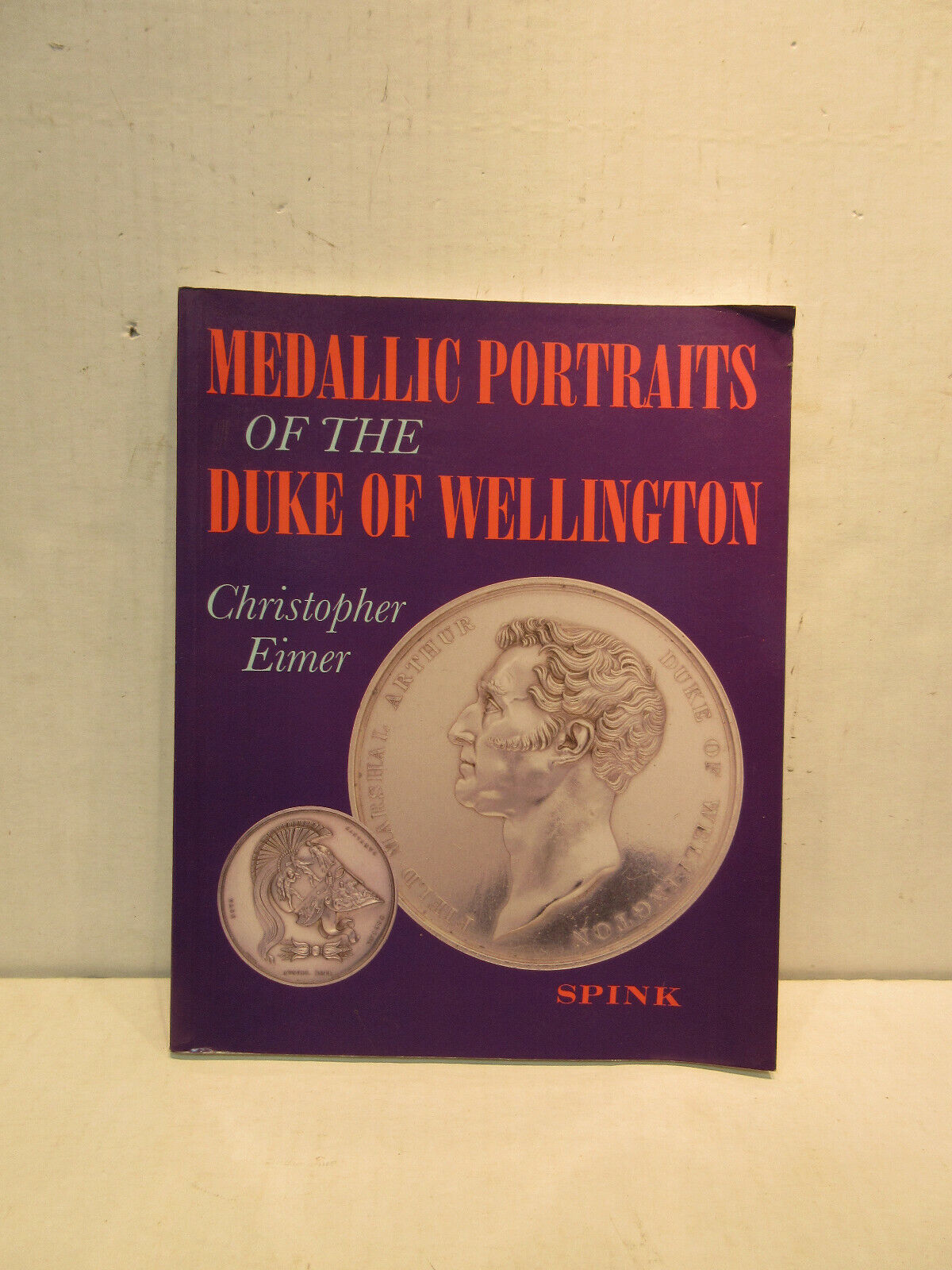-40%
Book on Spanish Colonial Lima and Potosi coins including Royals, cobs and milled
$ 16.89
- Description
- Size Guide
Description
"Guía de las cantidades acuñadas, Cecas de Potosí y Lima, una síntesis y conversión matemática del trabajo de Carlos Lazo García, con sección especial galanos. En memoria de Carlos Lazo García
" by Glenn Murray. [The book is in Spanish .The title translates to “Guide to the Quantities Struck, Potosí and Lima Mints. A synthesis and mathematical conversion of the work of Carlos Lazo García, with a special section on Galanos. In memory of Carlos Lazo García”.] Segovia: Friends of the Segovia Mint, 2016.
While the book is in Spanish it is very useable even for those who don’t read Spanish. The plentiful use of data tables and color photos makes a valuable ready reference for dates, mints, assayers and quantities struck. Paper cover, 150 × 210 mm [5-7/8 × 8-1/4 inch], 294 pp., hundreds of color photographs, over 75 pages include data tables.
The presentation is arranged in 8 chapters.
Chapter I: Introducción, pp. 7-10
Chapter II: Historia, las Cecas Españolas en Indias, pp. 11-66. Historical account, plata corriente, coinage law, weight tolerances, reduction of weight and fineness, coin design including assayer marks on cobs and milled coins, punches, edge designs, production methods of both cobs and milled coins. Also, tables of distribution by decade, 1680-1820, for each denomination by production and by availability in numismatic market. A thoroughly delightful chapter with its colorful photos.
Chapter III: Cantidades Acuñadas y Monedas Conocidas, pp. 67-208. Quantities Struck and Known Coins. This is the core of the book and is organized by king from Philip II to Ferdinand VII, with coinage data for Potosí, La Plata, Lima and Cuzco. Important for collectors are the production tables that show quantities produced by denomination for specific years. For example, Lima gold production in the year 1713: 8 escudos 40,325 pcs, 4 escudos 447 pcs, 2 escudos 1725 pcs, 1 escudo 547 pcs.
Chapter IV: Monedas Especiales, Galanos y Corazones (1626-1754*), pp. 209-264. This section details the so-called “Royals” and the Heart and Animal shaped coins from Potosí and Lima. Long a mystery as to the purpose of these beautiful and special specimens, which have been promoted in the numismatic market as royal presentation pieces, but Murray’s findings show them to be coins made to order by silver merchants and were used for their own purposes. The mint records at Potosí give the name “galano” to these coins. “Galano” in English means fancy, elegant or gallant and the coins themselves certainly are elegant.
Every owner of a galano “Royal” ought to own this book as a reference document to accompany their coin
.
Chapter V: Guía de Ensayadores, pp. 265-268. Guide to assayers has tables of assayer names / assayer marks / years worked for Lima, Cuzco, La Plata and Potosí.
Chapter VI: Cuadros de Ley y Talla de la Moneda, pp. 269-274. Table of fineness (purity) and weight of the coins.
Chapter VII: Cuadro General de Kilos Acuñados por Año, pp. 275-284. Product tables in kilograms, by year, for the various mints.
Chapter VIII: Bibliografia y Notas, pp. 285-294.
